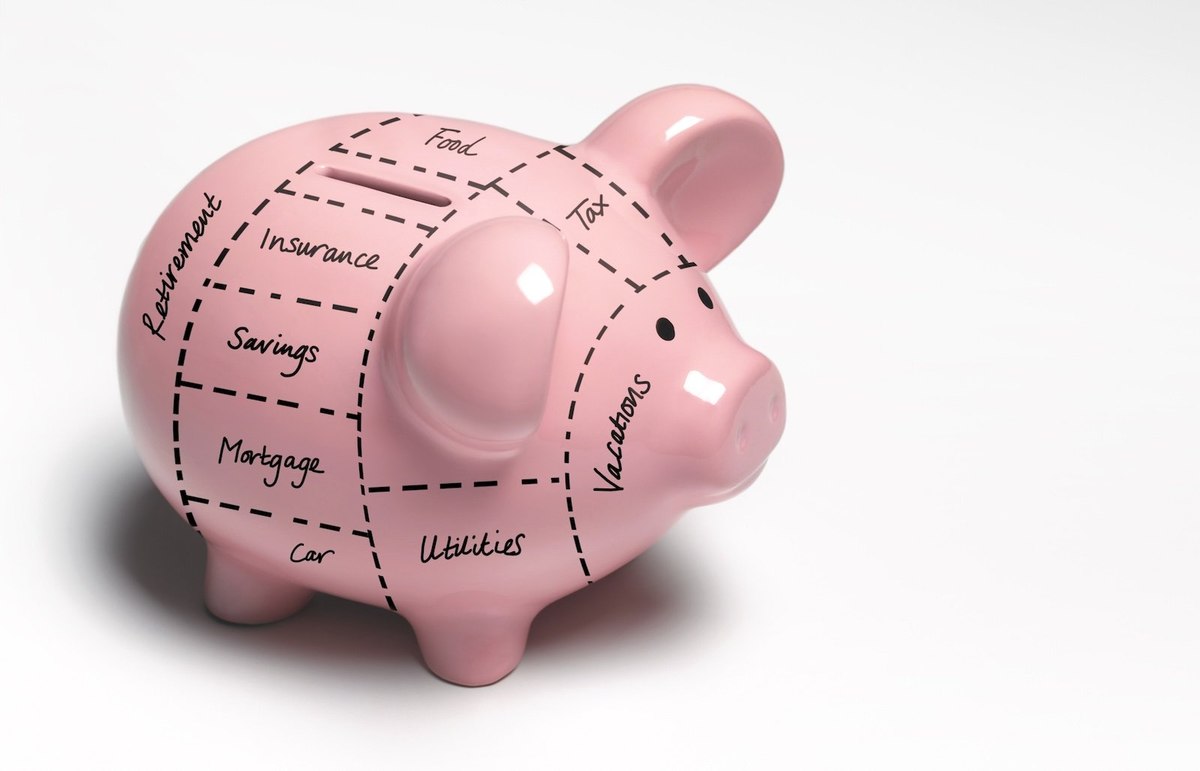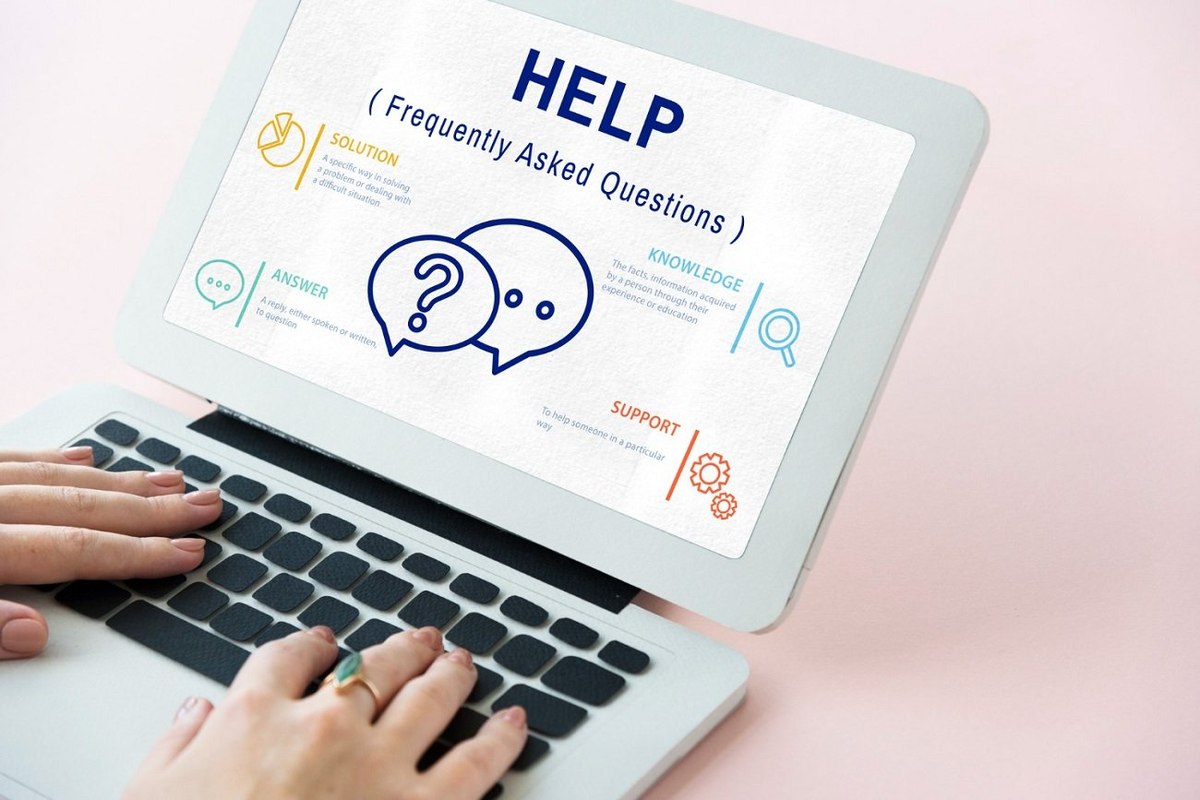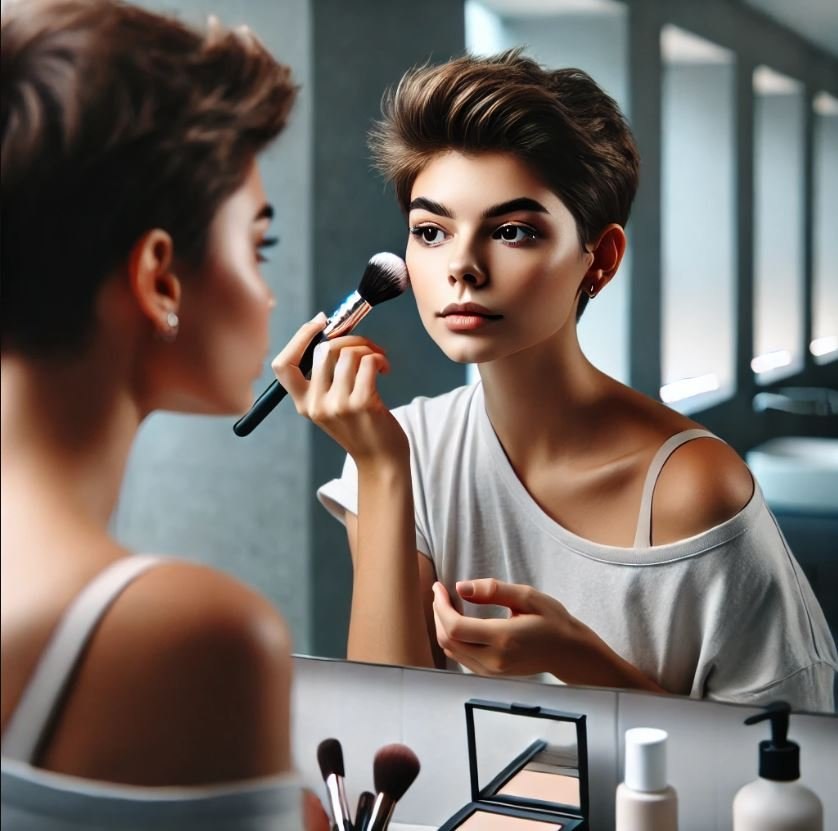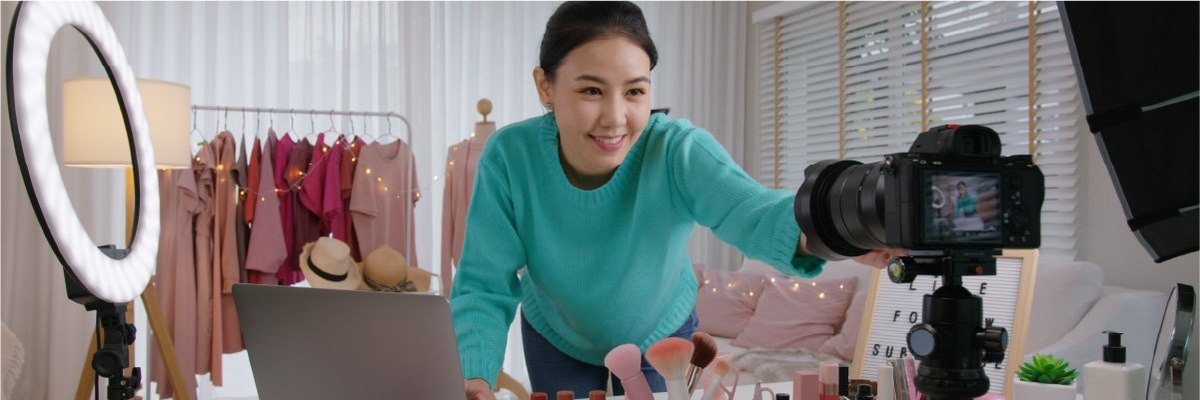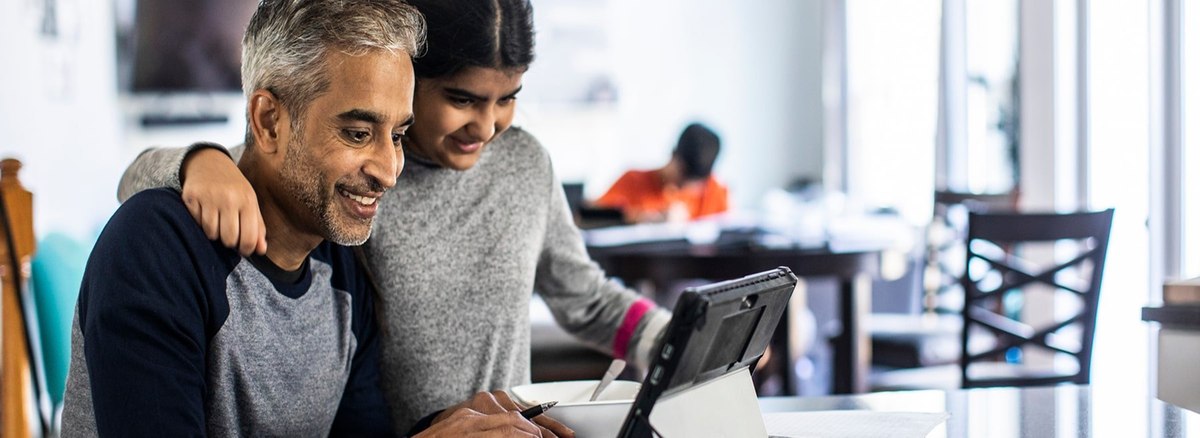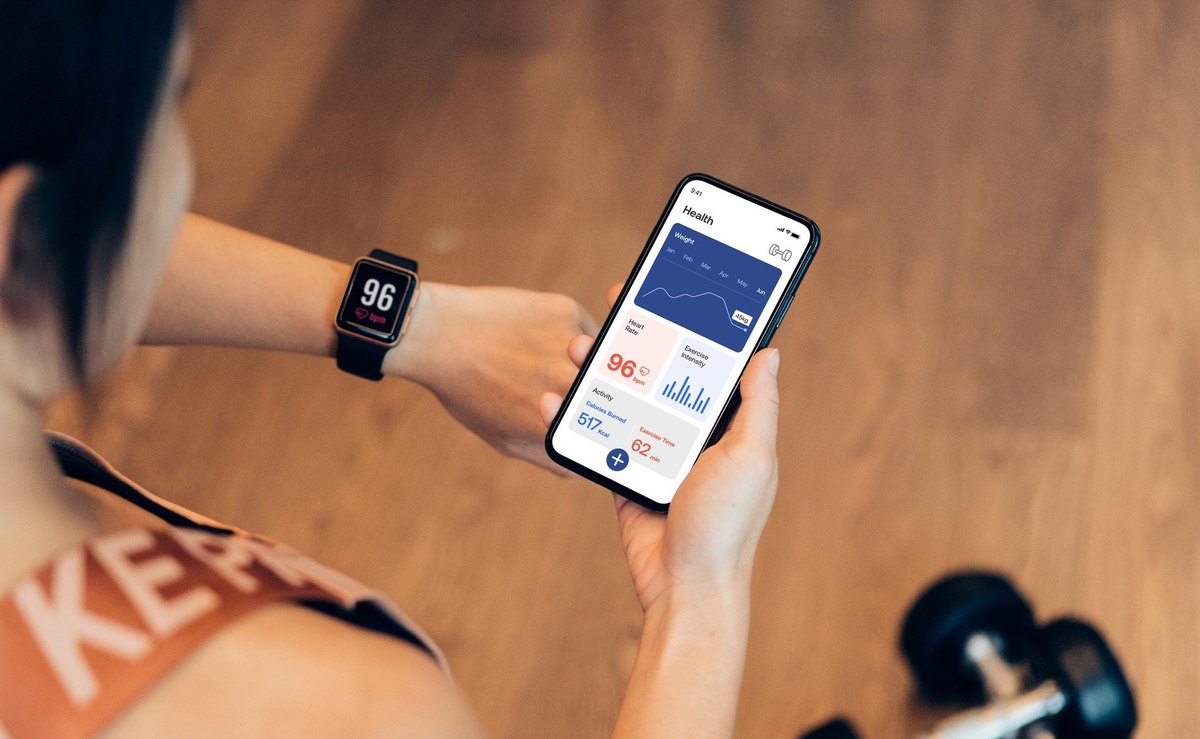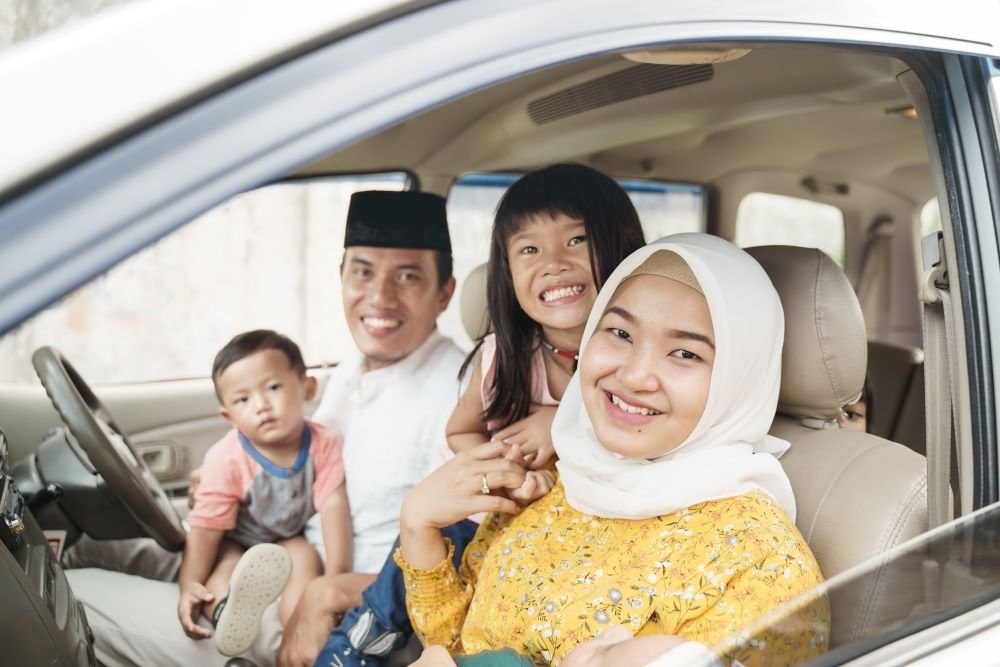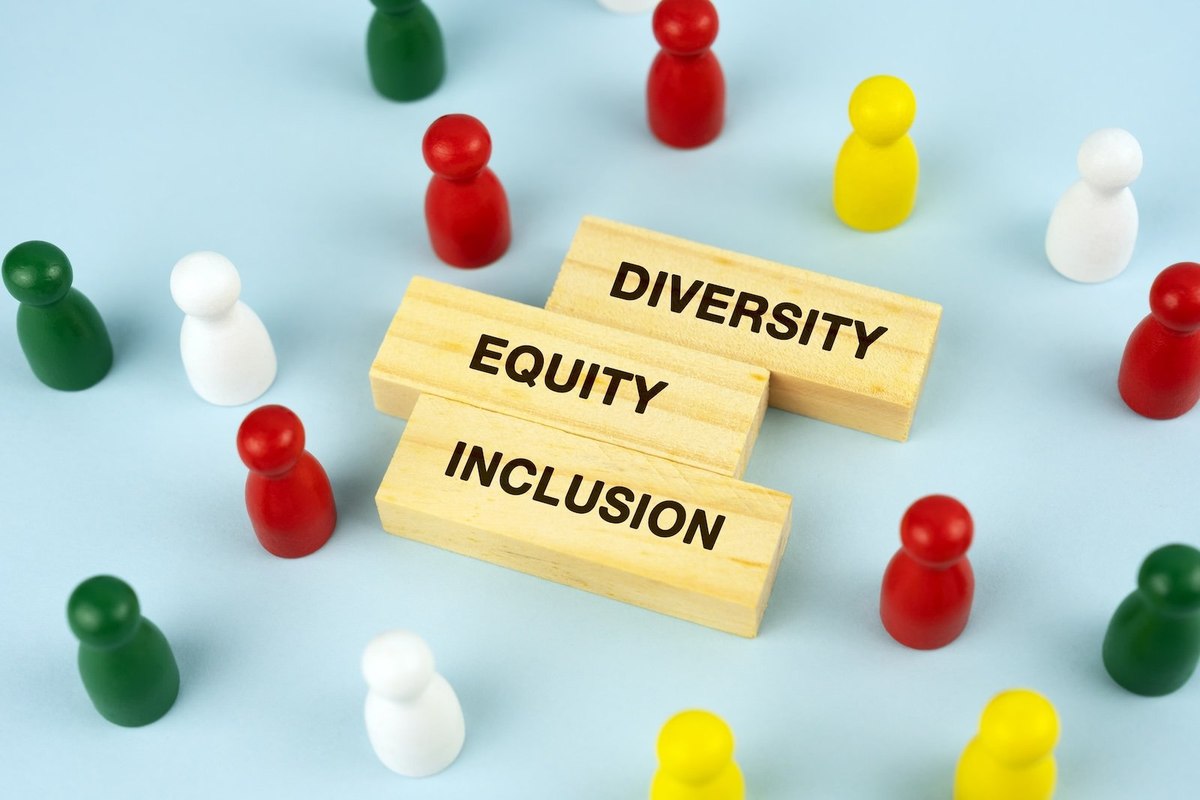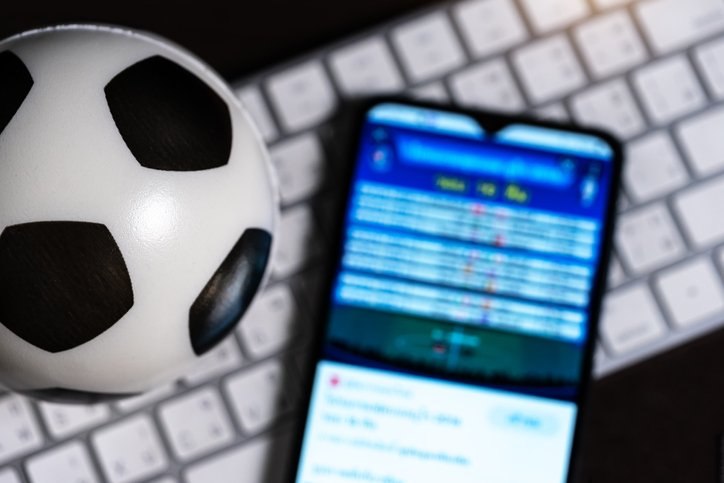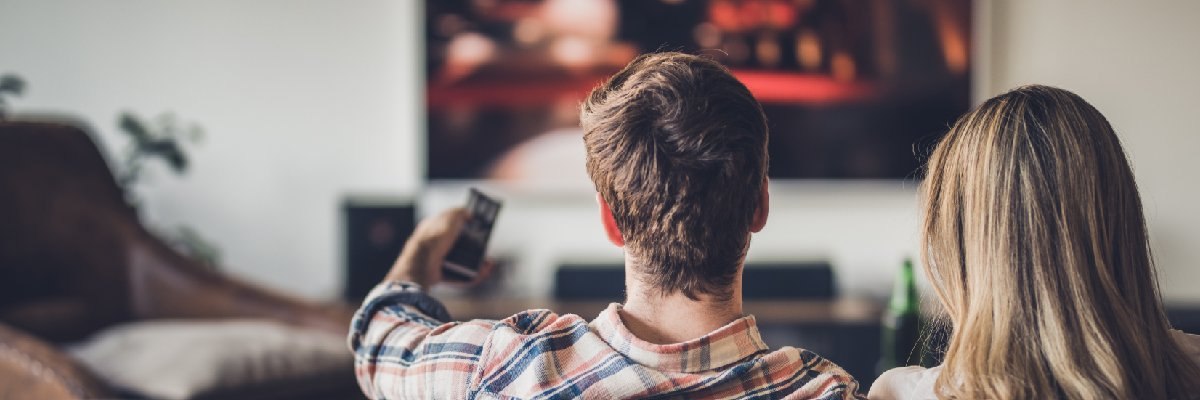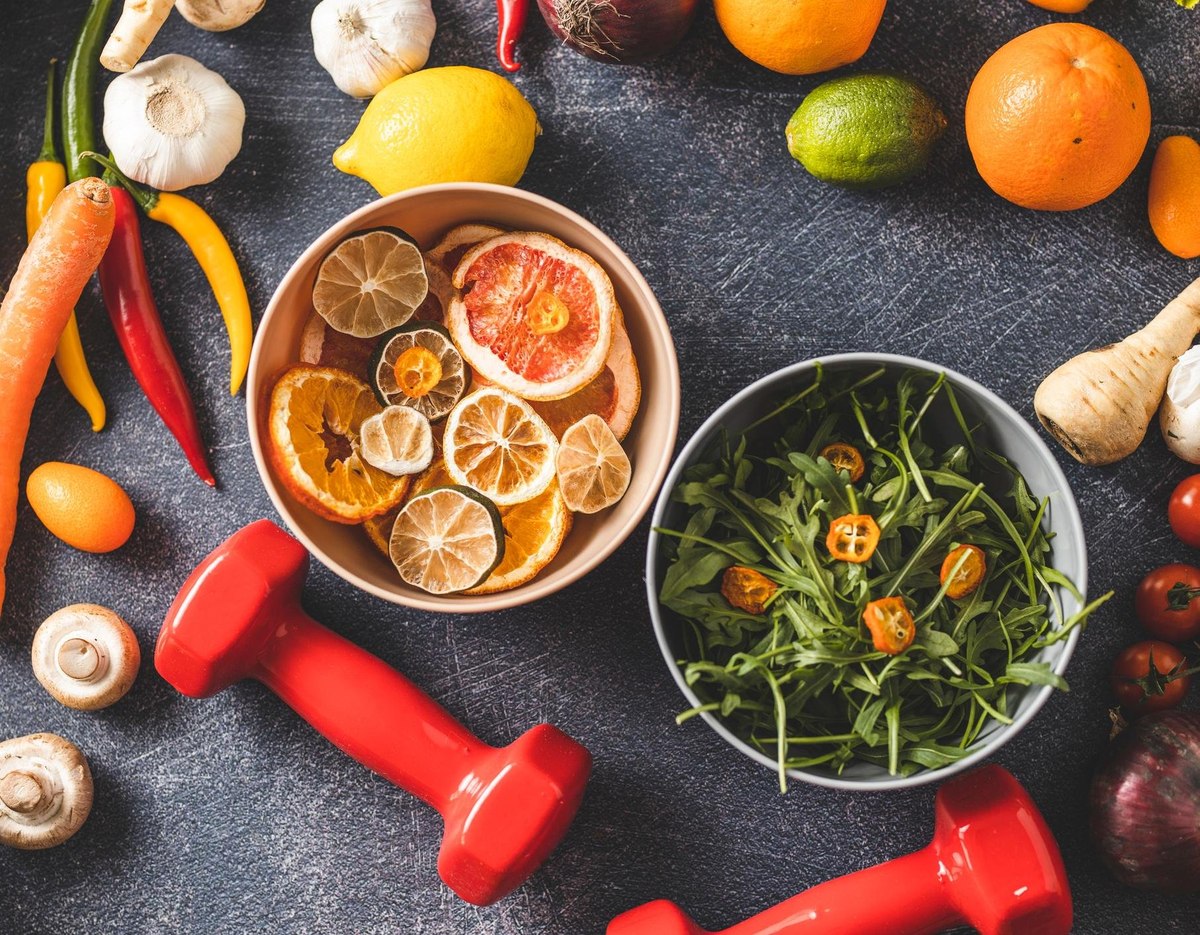
Health and Wellness in APAC: Which info sources do consumers most trust?
Who do consumers in APAC trust to provide them reliable information to aid their health and wellbeing? A recent YouGov study across 17 international markets sheds light on the extent to which consumers look to medical practitioners versus healthcare companies, personal trainers versus fitness influencers for advice on health and wellness.
How does trust in various sources of health and wellness information vary across APAC markets?
Latest research from YouGov Surveys has found that a significantly higher proportion of consumers in Hong Kong, Indonesia and Singapore consider social media influencers a reliable source of information on health and wellness, compared to the international average across the 17 markets polled.
Close to two-fifths of consumers in Hong Kong (38%), over a third in Indonesia (36%) and a fifth in Singapore (21%) say they find at least some health and wellness information offered by social media influencers to be trustworthy – compared to just a sixth (16%) of consumers internationally.
Consumers in Hong Kong and Indonesia are also significantly more likely to look to their friends/family and pharmaceutical companies for health and wellness advice.
Over half of consumers in Hong Kong (51%) and two-fifths of consumers in Indonesia (40%) say they trust health-related information provided by family/friends, compared to just a third (33%) internationally.
Meanwhile, almost a third of consumer in Hong Kong (31%) and a quarter of consumers in Indonesia (26%) find pharmaceutical companies to be a reliable source of health information, compared to less than barely a fifth (19%) internationally.
On the flipside, only 59% of Hong Kong consumers in say they think medical practitioners are a reliable source of health information, noticeably lower than the 65% average internationally.
Meanwhile, consumers in Australia are significantly more likely to trust medical practitioners (75%) and gym trainers (30%) – compared to 65% and 26% on average internationally.
Australia: How does trust in various sources of health and wellness information vary across generations?
While most Australians across generations regard medical practitioners as a reliable source of health information, Baby Boomers are significantly more likely to think so at over eight in ten (84%) while Gen Z is significantly less likely to at just two in three (65%).
Meanwhile, Millennials are significantly more likely than other generations to consider their gym/personal trainer (38%) and social media influencers (29%) as reliable sources of health information.
Hong Kong: How does trust in various sources of health and wellness information vary across generations?
While most Gen X (61%) and Millennials (53%) in Hong Kong regard medical practitioners as a reliable source of health information, less than half of Gen Z (48%) say the same.
Millennials are significantly more likely than other generations to trust their gym/personal trainer (35%) to provide reliable health information.
Meanwhile, when it comes to health and wellness information offered by social media influencers, close to half of younger consumers from Gen Z (48%) and Millennials (46%) consider them to be reliable, compared to less than two-fifths of Gen X (38%).
Indonesia: How does trust in various sources of health and wellness information vary across generations?
While most Indonesians across generations regard medical practitioners as a reliable source of health information, three-quarters of Gen X think so (76%) – a significantly higher proportion than Millennials (63%) and Gen Z (61%).
Gen X is also significantly more likely to trust health information provided by friends and family – over half indicate so (52%) compared to 42% of Millennials and 32% of Gen Z.
On the other hand, Gen Z consumers in Indonesia are much more likely to trust their gym/personal trainer (35%) to provide reliable health information.
Singapore: How does trust in various sources of health and wellness information vary across generations?
Likewise in Singapore, a markedly higher proportion of Gen Z consumers (44%) regard their gym/personal trainer as a reliable source of health information – compared to less than a third among older consumers.
A similar age-based pattern can be observed for trust in social media influencers in providing reliable health information: while a quarter of younger Gen Z (28%) and Millennial (24%) consumers indicate so, around a fifth of Gen X (22%) and eight of Baby Boomers (12%) say the same.
Methodology: YouGov Surveys: Serviced provides quick survey results from nationally representative or targeted audiences in multiple markets. The data is based on surveys of adults aged 18+ years in 17 markets with sample sizes varying between 510 and 2,044 for each market. All surveys were conducted online during January 2024. Data from each market uses a nationally representative sample apart from Mexico and India, which use urban representative samples, and Indonesia and Hong Kong, which use online representative samples. Learn more about YouGov Surveys: Serviced.
Cover Image from RealPeopleGroup

